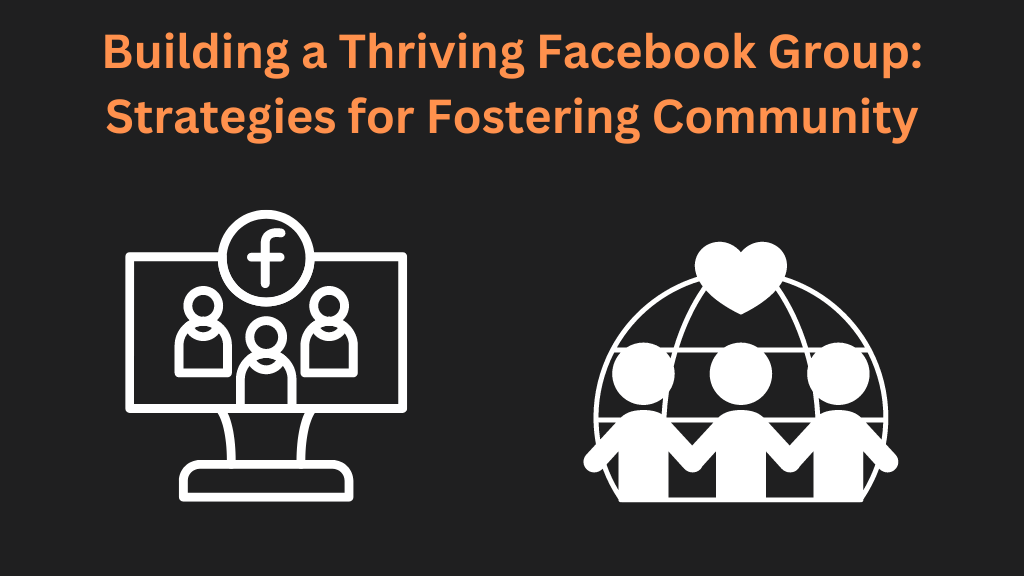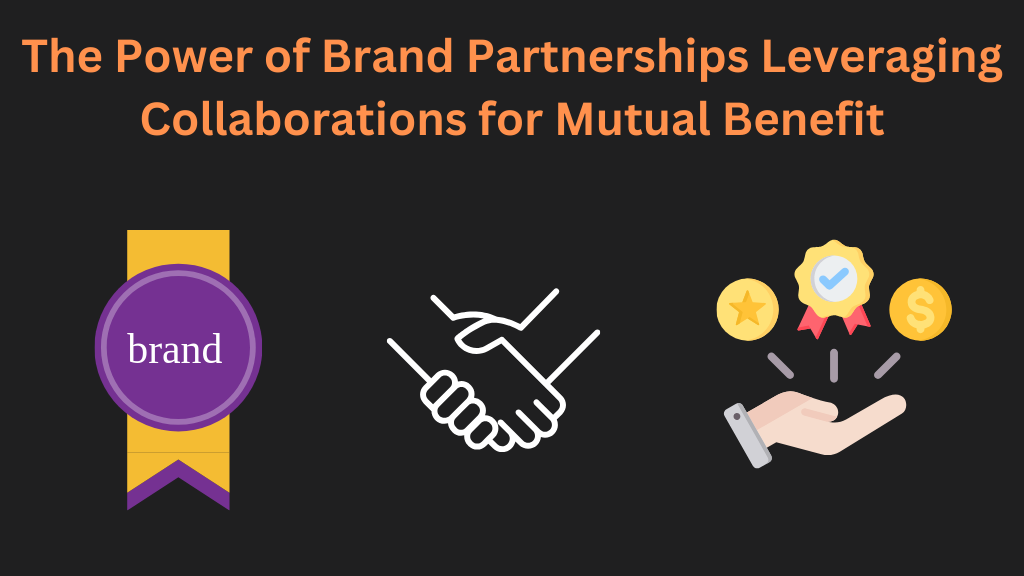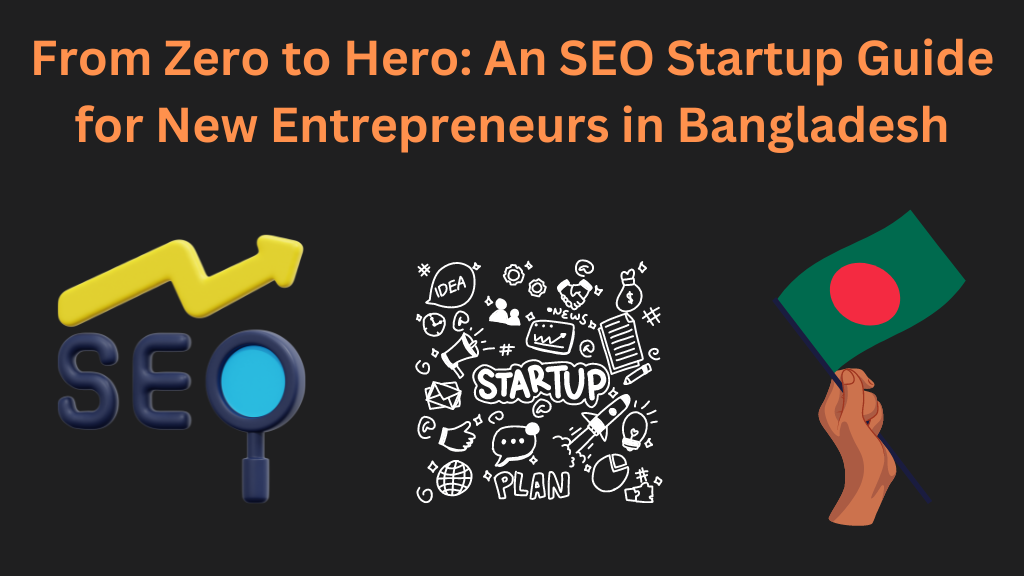Fostering a community within a Facebook group requires strategy and effort. By fostering engagement, setting clear group rules, and providing value, your Facebook group can thrive.
As social media becomes increasingly important for businesses and entrepreneurs, Facebook groups are becoming an essential tool for building an engaged community. However, simply creating a group is not enough. You need to actively work to foster a community within the group.
This means encouraging engaged discussions, setting clear rules and guidelines, and providing value to your members. We will explore various strategies that can help you build a thriving Facebook group, from setting goals to promoting engagement and driving growth. Whether you are just starting out or looking to revamp an existing group, these tips will help you create a strong and active community within your Facebook group.

Table of Contents
ToggleBenefits Of Facebook Groups
Facebook groups offer an excellent platform to build engaged communities around any topic or interest. They enable you to create a space where people can share ideas, learn from each other, inspire one another, and build lasting relationships. Below are some of the benefits of using a Facebook group:
Increased Engagement
One of the advantages of building a thriving Facebook group is increased engagement compared to other social media platforms. Unlike Facebook pages where people are passive, Facebook groups give members an opportunity to participate and engage others in meaningful conversations. Members can ask questions, share experiences, provide opinions, and offer support to their peers. A Facebook group fosters a sense of belonging that turns casual visitors into loyal members of your community.
Better Reach
Facebook groups have a better reach compared to Facebook pages or profiles. Group members receive notifications when there is new content posted, which increases the chances of your content being seen and interacted with. Members can invite their friends to join the group, and this creates a viral effect that expands the reach of your content beyond your current network. Moreover, Facebook groups are indexed by search engines, which means that your community can be discovered by people who are not on Facebook.
Targeted Marketing
Facebook groups allow you to offer targeted marketing to people who are interested in your niche. Members are already engaged with your brand, and this creates a perfect opportunity for you to market your products and services. You can use your group to test new ideas, get feedback from your community, and create personalized content that resonates with your audience. By building trust and credibility with your community, you can increase your sales and conversions.
Choosing A Niche
Selecting the right niche is crucial to building a thriving Facebook group. It’s important to choose a topic that aligns with your expertise and interests and also appeals to your target audience. By fostering a community within your group, you can create a supportive and engaging environment for members to connect and share valuable insights.
Choosing a Niche is the first step in building a thriving Facebook group. Finding a niche will help you attract a specific audience and grow your community. In this section, we will discuss how to identify your passion, research your audience, and define your unique value proposition.
Identify Your Passion
To choose a niche for your Facebook group, you need to start by identifying your passion. It is easier to create content and engage with like-minded individuals when you have a genuine interest in the topic. Also, having a passion for the subject matter will help you build your group’s authority and credibility.
Here are some examples of questions to ask yourself when identifying your passion:
| Do you have a hobby or interest that you enjoy talking about? |
| What do you enjoy doing in your spare time? |
| Is there something you are knowledgeable about or have experience in? |
| What do you enjoy learning or reading about? |
Once you identify your passion, it is time to research your audience.
Research Your Audience
Next, you need to research your audience to ensure that there is demand for your niche. Understanding your audience’s interests, pain points, and challenges will help you create content that resonates with them. Here are some examples of questions to ask when researching your audience:
- Who is your target audience?
- What are their interests?
- What are their pain points or challenges?
- What are their goals or aspirations?
You can use Facebook groups, forums, and surveys to gather insights about your audience.
Define Your Unique Value Proposition
After identifying your passion and researching your audience, you need to define your unique value proposition. Your value proposition is what sets your Facebook group apart from others in your niche. It should articulate the benefits that members will receive by joining your community.
Here are some examples of questions to ask when defining your unique value proposition:
- What are the benefits of joining your Facebook group?
- What problems will you solve for your members?
- What makes your Facebook group different from others in your niche?
- What are the core values of your Facebook group?
In conclusion, choosing a niche is a critical step in building a thriving Facebook group. By identifying your passion, researching your audience, and defining your unique value proposition, you can create a community that attracts and engages your target audience.
Creating A Group
Build a thriving Facebook group by fostering a strong community. Encourage members to engage with each other and share their experiences. This can be done through consistent communication, active moderation, and hosting events and discussions.
Are you considering creating a Facebook group to foster community and engagement? Building a successful group takes effort, strategy, and consistency.
Let’s dive into some essential steps for creating and managing a Facebook group that thrives.
Setting Up Your Group
When setting up your group, it’s essential to start with the basics – the group’s name, description, and visibility settings. You can choose between private, public, or secret. Private groups require approval to join, while public groups are open to anyone. Choosing the right visibility setting depends on your group’s purpose and goals.
Creating Guidelines And Rules
Every community needs guidelines and rules to maintain a positive and safe environment. When creating your guidelines, consider the type of content you want to allow and how members should interact with each other. Most importantly, make sure your rules are concise, clear, and accessible.
Defining Group Purpose And Goals
Before launching a group, define your purpose and goals. Think about the type of community you want to create and what value you want to provide to your members. Having a clear purpose and goals will help you attract the right members and keep your group focused.
In conclusion, setting up a thriving Facebook group requires a solid foundation of clear guidelines, goals, and a purpose that aligns with your audience’s needs. A successful group takes effort, consistency, and a willingness to listen to your members’ feedback.
Growing Your Group
Build a thriving Facebook group with effective strategies to foster community, encourage engagement, and maintain active participation. By nurturing relationships and creating a safe space for conversation and collaboration, you can grow your group into a valuable resource for all members.
Building a thriving Facebook group requires time, effort, and commitment. Once you have created a community within your group, it is important to focus on growing your group even further. Here are some strategies that can help you foster a larger, more engaged community within your Facebook group.
Invite Friends And Family
One of the easiest ways to grow your Facebook group is by inviting your friends and family to join. They are the people that are most likely to support you and your vision for the group. You can send them a direct invitation via Facebook or add them to the group if they show interest.
Cross-promote On Other Platforms
Another way to grow your Facebook group is by cross-promoting it on other platforms. You can post about your group on other social media platforms, such as Twitter or Instagram. Additionally, adding a link to your Facebook group in your email signature, blog or website can help direct more traffic to your group.
Collaborate With Other Groups
Collaborating with other Facebook groups can help you expand your reach and connect with a new audience. You can reach out to groups that have similar interests and propose a collaboration. This can involve cross-promotion, sharing resources or co-hosting events. It is important to ensure that the collaboration benefits all parties involved and adds value to your respective communities.
Ultimately, growing your Facebook group requires consistent effort and the willingness to try different strategies. By inviting your friends and family, cross-promoting on other platforms, and collaborating with other groups, you can foster a larger, more engaged community within your Facebook group.
Fostering Engagement
To foster engagement in a Facebook group and build a thriving community, it’s important to focus on strategies such as creating a welcoming atmosphere, encouraging participation and interaction, and providing valuable content. By consistently implementing these tactics, the group can grow and become a hub for meaningful conversations and connections.
Creating Relevant Content
To foster engagement in your Facebook group, creating relevant content that resonates with your audience is crucial. Your content must be informative, valuable, and relate to the group’s primary subject matter to pique the audience’s interest. A mixture of video, graphics, and blog posts can be integrated to make the content more engaging. Sharing personal stories or experiences is an excellent approach to connect with the audience on a personal level.
Encouraging Conversation And Discussion
Interaction and communication are the fundamental components of a thriving Facebook group. It is necessary to encourage conversations and discussions in the group to foster engagement. You can start by asking questions, soliciting opinions, and gathering feedback. When a member poses a query, strive to be responsive and answer promptly. Members are more inclined to participate if they feel heard and valued.
Using Polls And Surveys
Polls and surveys are a fantastic method to obtain real-time insights into members’ opinions and encourage engagement. Polls can be used to obtain feedback on goods and services, while surveys can be used to learn more about group members’ interests or backgrounds. Both also provide a quick and easy method for members to engage with the content without leaving the group.
In conclusion, engagement in your Facebook group is critical to its success, and it begins with creating valuable, relevant content that resonates with members, encouraging conversation and discussion, and using polls and surveys to solicit feedback. By keeping your members engaged and invested in the group, you create a thriving community that continues to grow and evolve over time.
Managing Conflict
For every Facebook group, there will be times when conflicts arise. Whether it’s a disagreement between members or negative comments being left on posts, managing conflict is an important aspect of fostering a thriving community. Here are some strategies for handling conflict within your Facebook group:
Establishing Trust And Authority
One of the most effective ways to prevent conflict in your Facebook group is by establishing a sense of trust and authority with your members. This can be achieved by being transparent and authentic with your group’s purpose and rules. When members feel they can trust the group’s leader and believe in the group’s vision, they are more likely to follow guidelines and respect others.
Addressing Disagreements And Negative Comments
As conflicts arise, it’s important to address them quickly and respectfully. When disagreements occur, encourage members to express their opinions in a constructive way and avoid personal attacks. Negative comments should be addressed privately between the member and group leader to make sure they are resolved before they escalate. Additionally, as the group leader, it’s essential to model appropriate behavior and tone in your responses when addressing conflicts.
Enforcing Guidelines And Rules
To prevent conflicts in the first place, guidelines and rules must be established and enforced regularly. Clear communication of the rules and making sure members understand their importance is key. When a member violates a rule, it’s crucial to address the situation directly and privately with them. If necessary, removal from the group may be necessary to maintain a positive community.
By implementing these strategies, conflicts can be managed effectively and prevent the deterioration of a thriving Facebook group. Remember, fostering community and managing conflict go hand in hand, and a healthy group is a productive one.
Monetizing Your Group
To successfully monetize your Facebook group, fostering a thriving community is key. Strategies such as regularly posting engaging content, encouraging member participation, and partnering with relevant sponsors can help build a loyal following and create lucrative revenue streams.
Monetizing Your Group
Once you have established a thriving Facebook group, it’s time to capitalize on its success. Monetizing your group can be a great way to turn your passion into profit, but it’s essential to do it in a way that doesn’t undermine the community you’ve built. Here are three strategies for monetizing your Facebook group:
Selling Products And Services
One of the most obvious ways to monetize your group is by selling products or services. If you have a loyal audience, chances are they will be interested in what you have to offer. However, it’s crucial to be transparent and not overly promotional with your sales efforts. Here are some tips to keep in mind:
- Offer exclusive deals to your group members
- Be authentic and provide value
- Avoid pitching too often
Ads And Sponsored Posts
Another way to monetize your group is by partnering with brands and companies for sponsored posts or ads. This can be a win-win situation, as not only does it generate revenue for you, but it also provides exposure for the brands. Keep in mind the following:
- Select brands that align with your group’s interests and values
- Be transparent with sponsored content
- Limit sponsored posts to avoid overwhelming the group
Industry-specific Monetization Options
It’s not just products and services that can be monetized. Some industries have unique ways to generate revenue. For example:
| Industry | Monetization Option |
|---|---|
| Photography | Selling presets or prints |
| Fitness | Offering virtual classes or personalized training |
| Marketing | Selling digital products or courses |
In conclusion, monetizing a Facebook group requires a delicate balance between generating revenue and maintaining the integrity of the community. By implementing these strategies and keeping the community’s values in mind, building a profitable group is possible.
Frequently Asked Questions
How Do I Make My Facebook Group Thrive?
To make your Facebook group thrive, engage with members regularly, provide valuable content, encourage discussions, stay organized and manage the group well. By following these guidelines, you can create a thriving community within your Facebook group.
How Do I Create A Successful Fb Group?
To create a successful Facebook group, follow these guidelines: 1. Determine your purpose and target audience 2. Name your group and write a catchy description 3. Recruit members from your personal network 4. Post engaging content and encourage participation 5.
Moderate the group to maintain a positive and productive environment.
How Do I Make My Facebook Group Engaging?
To make your Facebook group engaging, you can encourage discussions by asking questions, hosting polls, and sharing relevant content. It’s important to be responsive and engage with your members, and also set clear guidelines for behavior within the group. Consider offering exclusive content or resources and promoting events to keep members interested and active.
How Do I Attract More People To My Facebook Group?
To attract more people to your Facebook group, you can promote it on your other social media channels, collaborate with other groups or pages, share valuable content regularly, use Facebook ads, and encourage members to invite their friends. Make sure to engage with your audience and provide a welcoming environment to keep them interested and active in the group.
Conclusion
To build a thriving Facebook group, it’s essential to focus on fostering a sense of community. Use an engaged approach to encourage members to feel emotionally invested in the group. Promote transparency, be a good listener, and encourage feedback. Engage your members with interactive content and events, and be sure to recognize and reward those who contribute to the group.
A thriving Facebook group can be a powerful tool for building a community of like-minded individuals, so take the time to invest in it and watch your community grow.





